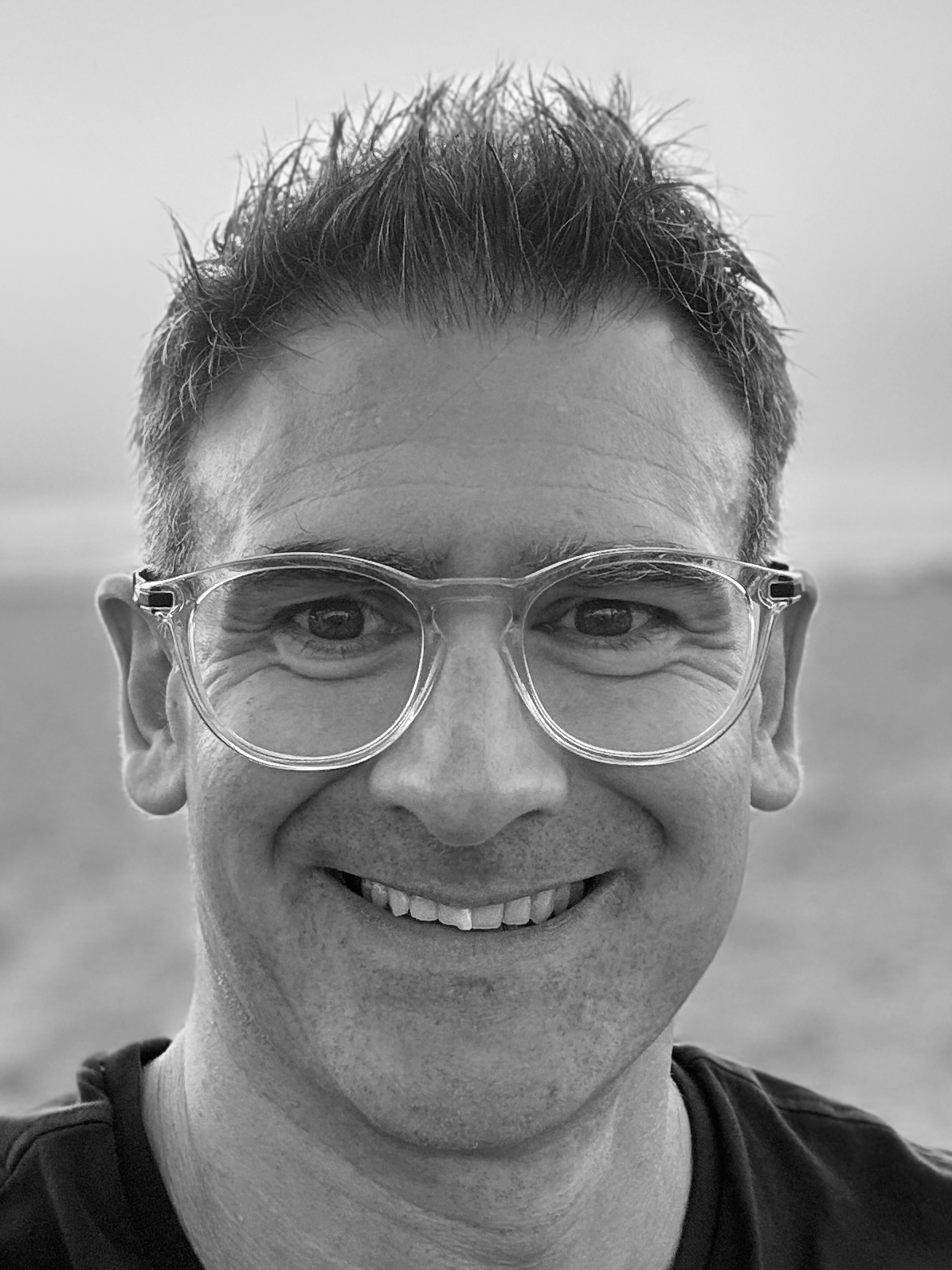About me
My Story
I have a keen inclination towards questioning the rationale behind actions. If there lacks a compelling reason for why something is done a certain way, I find myself challenged to try to focus on the underlying “why.”
As a podiatrist and Senior Lecturer, my professional journey has encompassed stints in the NHS, private, and commercial sectors. Armed with a master’s degree in clinical biomechanics, I have actively engaged with undergraduate podiatry students, particularly in the academic year preceding the onset of the COVID pandemic. My involvement entailed providing support in musculoskeletal (MSK) clinics. During these interactions, I discerned significant challenges encountered by undergraduate podiatry students in clinical diagnosis, decision-making in clinical management, and orthotic provision and design, particularly when confronted with novel or unfamiliar scenarios deviating from the standardized approaches they had been taught.
This experience led me to recognize the complexities that I, having garnered experience in MSK and pursued further studies in the field, had previously taken for granted. It dawned on me that these complexities are perhaps more formidable than I had initially perceived. I firmly believe in the paramount importance of clinical history, viewing the patient as not merely a source of information regarding their pain, but also as a conduit to understanding their daily lives, work, expectations, prejudices, and goals, all of which collectively contribute to a holistic understanding of the situation, as opposed to isolating the issue in question.
While it is undeniable that clinical pathways and treatment algorithms serve as invaluable tools for exam success and professional qualification, there persists a palpable apprehension surrounding MSK and biomechanics within the realm of podiatry. Beyond the theoretical teachings on biomechanics, this subject matter does not conform well to standardized pathways or rigid algorithms.
This reluctance to assimilate could be attributed to the intrinsic variability of patient encounters. Despite our efforts to streamline history-taking through the use of acronyms, the unpredictable nature of each patient encounter invariably disrupts these structured frameworks. Each patient is inherently unique, thereby rendering each clinical history distinct.
Hence, my goal has been to explore means of challenging this status quo and simplifying the process of facilitating clinical history-taking in podiatry for the benefit of students and practitioners alike.

it's axiomatic!
I'm all about the WHY
I have 20 years post graduate experience in NHS, Private and the commercial side of podiatry in the UK. I am a Senior Lecturer in Podiatry at on of the leading schools of podiatry in the UK. My area of interest in the undergraduate teaching programme focuses on musculoskeletal conditions, clinical biomechanics and the theory of foot orthotic management.
Articles
The more I think about the impact of clinical history taking the more it seems to feed into so many aspects of MSK podiatry, other specialisms within podiatry and learning on the undergraduate podiatry journey. When I get the inspirations, I’ll add the articles.